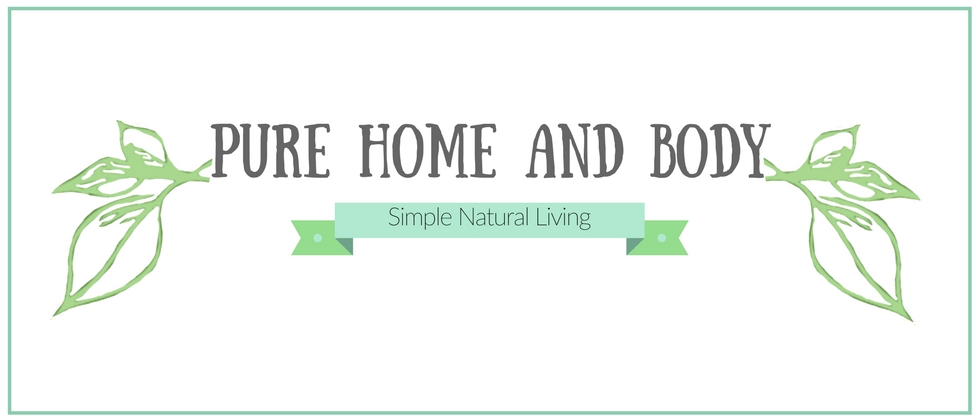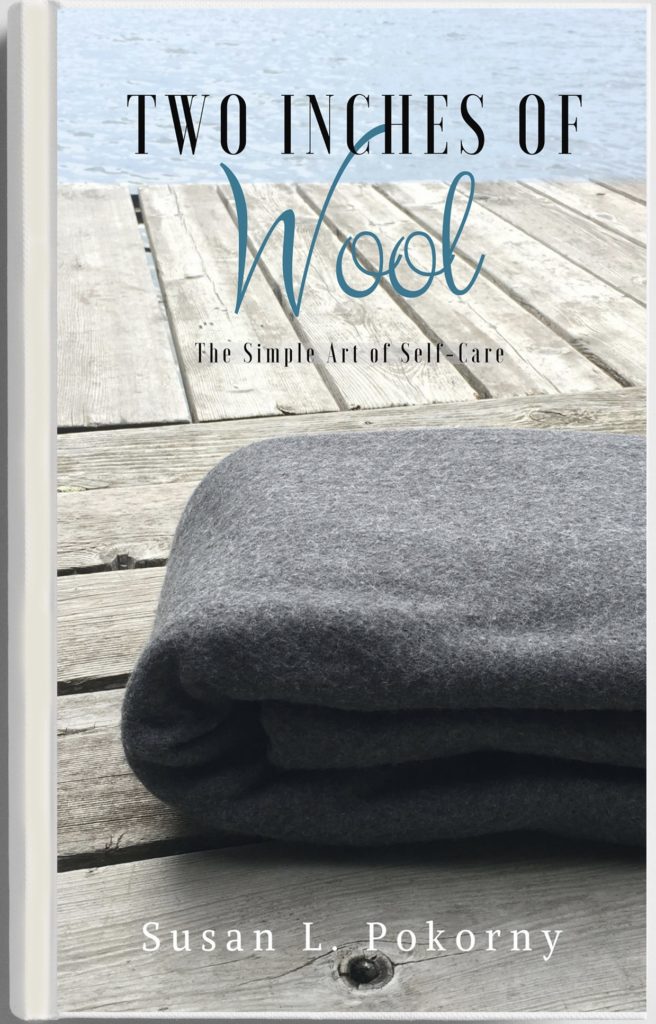This information is not intended to diagnose, treat or cure any disease. If you are depressed or have feelings of despair, seek medical care immediately.
Depression is a common illness, and can be quite serious. Symptoms of depression can include: changes in sleep patterns, not enjoying things you once did, restlessness, anxiety and feeling sad all the time. These symptoms and many others occur not just a day or two, but continue over extended periods of time. Women in particular are susceptible to postpartum depression due to the huge changes in hormonal levels from giving birth. Essential oils may help alleviate occasional irritability, balance your body and bring a lift to your perspective. There are many essential oils that been studied for anti-depressant qualities, and there continues to be growing research to supporting this.
It is important to use only the purest therapeutic grade essential oils as any products with synthetic fragrance contain chemicals that can wreak havoc on your system. There are actually secret chemicals used by manufacturers in products with the ingredient : “fragrance” that are proven endocrine and hormone disruptors. These scented products are not effective for alleviating symptoms of depression and could make your symptoms worse. When you think of all the chemicals we are surrounded with could it be all these toxins are actually contributing to chemical imbalances that lead to depression? Perfumes, colognes and fragranced bath & beauty products are the worst offenders. These are just synthetic cocktails applied to the skin disrupting our chemical make-up and should be avoided. There are even many oils on the market that are just synthetic reproductions and do not even contain plant extracts.
Pure therapeutic grade essential oils on the other hand offer a natural alternative to bringing balance to the psyche. The human body responds well to plants whether assimilated in the vegetables we eat or the plant extracts we apply to our skin. Pure essential oils are readily identified and utilized by our body systems. Make sure any essential oils you use are Therapeutic, food grade oils that have been tested for purity. A good quality essential oil will have a food supplement label on it so you know you are getting the purest organic plant extract with no synthetics added.
Research at the University of Vienna has shown that some essential oils with the constituents cineol can stimulate blood flow and activity in the emotional regions of the brain. Many citrus essential oils are high in cineol. Put a drop of food grade citrus oil like lemon, orange, grapefruit, bergamot or tangerine in a glass of purified or mineral water for an uplifting drink. Some other oils that are high in cineol include sage, clary-sage and eucalyptus. Sage and clary-sage also support metabolism and can be useful in maintaining normal hormone balance. Geranium essential oil is an oil that supports female chemistry. Diffusing the oils can be just as effective as applying them topically. Clinical studies at Mie University of Medicine showed lemon essential oil reduced depression and stress levels when inhaled. The Journal of Bioligical Chemistry 2010 did a study on inhaling Jasmine oil and found that it activated the brain pathways the same way as barbiturates used for treating depression. It is important to use only therapeutic grade essential oils to support a healthy body.
Tree oils like frankincense, cedarwood, sandalwood, and copaiba may also be helpful in alleviating symptoms of depression. These tree oils in particular have compounds called sesquiterpenes. Sesquiterpenes are constituents that help oxygenate the brain helping all body systems work more efficiently. They can stimulate the pineal gland which releases melatonin and help regulate sleeping patterns. Vetiver is another essential oil helpful in bringing balance to the whole body. Vetiver essential oil has over 100 different sesquiterpenes in it!
If you suspect ongoing symptoms of depression in yourself,a friend or family member consult with your doctor. In my personal experience I have managed to keep depression at bay by eliminating harmful chemicals and toxins in my life that could disrupt my natural chemistry, eating as many whole foods as I can, exercising regularly and incorporating therapeutic grade essential oils to uplift my spirits and keep my body in balance. Essential oils can boost your mood whether you diffuse them into the air, use them on your skin or drink them in your water (food grade oils only!).
S. M. FRIEDL 1, E. LAISTLER 2, E. MOSER 2,3, E. HEUBERGER 1. Inside the Brain: Fragrance Effects on Human Attention. Sci Pharm. 2009; 77: 184 doi:10.3797/scipharm.oephg.21.SL-17. http://www.scipharm.at/download.asp?id=416.
Teruhisa Komori, a, Ryoichi Fujiwarab, Masahiro Tanidac, Junichi Nomuraa. Potential antidepressant effects of lemon odor in rats. European NeuropsychopharmacologyVolume 5, Issue 4, December 1995, Pages 477–480. http://www.sciencedirect.com/science/article/pii/0924977X9580007O.
Abstract
Antidepressant effects brought about by olfactory stimulation with various odorants were investigated with the forced swimming test, a reliable means for screening antidepresant effects. Lemon odor significantly reduced total immobility time and potentiated the imipramine-induced reduction of total immobility time in the test. This synergistic effect of lemon odor and imipramine was not due to lemon odor decreasing the metabolism of imipramine. Lemon odor decreased locomotor activity in the open field, suggesting its effects to differ from those of psychostimulants but to be similar to those of antidepressants. The effects of citral, which is one of the main components of lemon odor, were as strong as those of lemon odor. The remaining odorants tested in this study failed to have any effects on total immobility time in the forced swimming test or on locomotor activity in the open field.
Habibur Rahman1, M. Chinna Eswaraiah1, Saarangi Ramesh2, B.Maruthi Rao2. Study of anxiolytic activity of some essential oils used by inhalational exposure in mice. Sch. J. App. Med. Sci., 2013; 1(1):1-4.http://saspublisher.com/wp-content/uploads/2013/02/SJAMS-111-4.pdf.
Winai Sayowan1, Vorasith Siripornpanich2, Tapanee Hongratanaworakit3, Naiphinich Kotchabhakdi4, Nijsiri Ruangrungsi5. THE EFFECTS OF JASMINE OIL INHALATION ON BRAIN WAVE ACTIVIES AND EMOTIONS. JHealthRes vol.27no.2April2013.
HAO Wen-yu1,YANG Nan1,GAO Yun-zhou1,HAO Qiang2,ZHANG Guo-li2,ZHU Hai-bo2,ZUO Ping-ping1. Effect of the Crude Extract of Cape jasmine on Behavior and the Hippocampal Neurogenesis in Mouse Model of Depression. Chinese Journal of Comparative Medicine 2009-10. http://en.cnki.com.cn/Article_en/CJFDTOTAL-ZGDX200910003.htm.













[…] Institute for Vibrant Living; Pure Home and Body; Yahoo Voices; […]